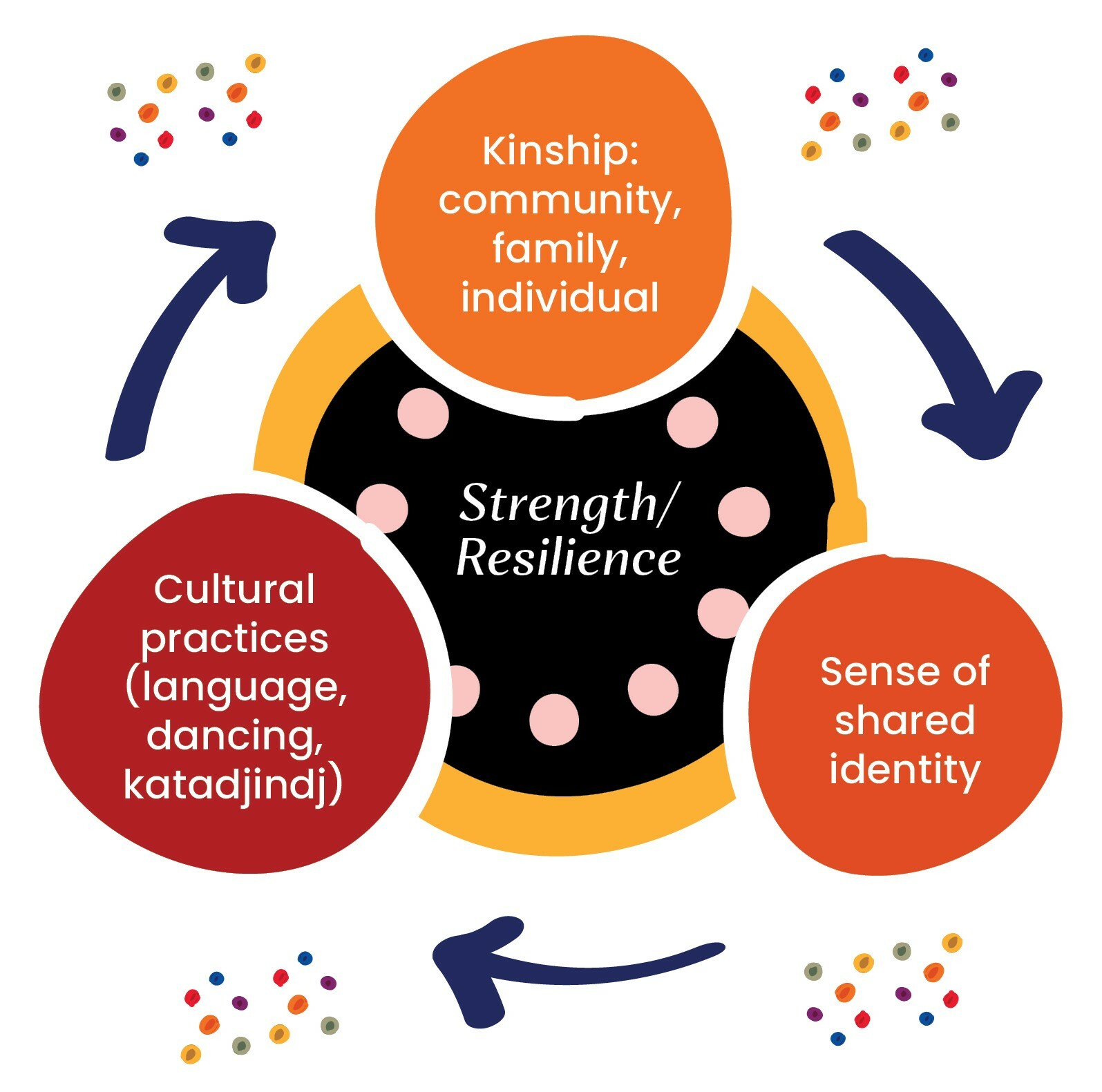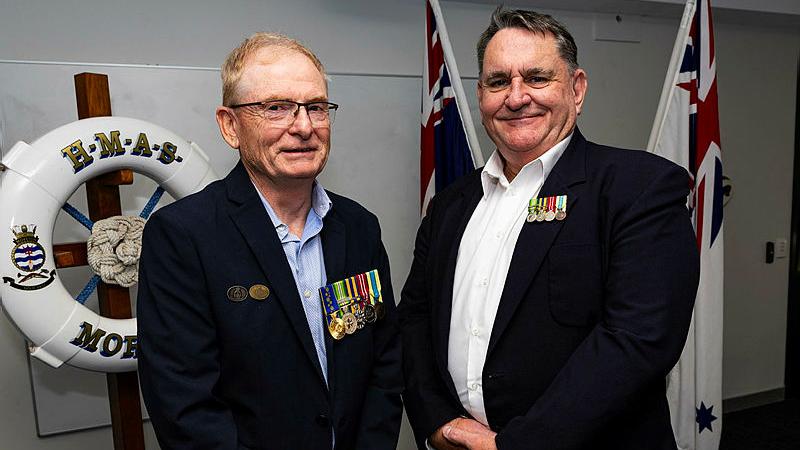A new report released today sheds light on the profound challenges faced by families entrenched in disadvantage, with findings of unique strengths and resilience among Aboriginal participants despite the acute difficulties faced in overcoming hardship.
Authored by an Aboriginal-led team of researchers, the comprehensive, multi-year report is the last in a series of reports from the 100 Families WA project, which have highlighted the daily struggles of those in entrenched disadvantage, while also showing how difficult it is for those families to improve their material conditions without support.
The report, entitled ‘Looking Through an Aboriginal Lens: Results of the Ngalang Moort Wangkiny Project’, resulted from a collaborative project between the Centre for Social Impact at UWA and the Western Australian Council of Social Service (WACOSS).
Spanning over three years, researchers conducted hundreds of surveys, as well as one-on-one interviews held every fortnight. It also involved yarning circles, overseen by two Noongar researchers (Dr Glenda Kickett and Dr Tuguy Esgin) and Noongar elder, Lois May, ensuring a comprehensive and culturally appropriate collection of evidence.
This process aimed to honour the voices of disadvantaged Aboriginal families and to use these stories to advocate for positive and meaningful change.
The report underscores the urgent need for essential services, for example with extremely high rates of food insecurity among adult participants (84%) and to a lesser degree, but still very high, children (55%). In other cases the report highlights struggles that affect the Aboriginal participants disproportionately, such as incarceration and placements in out of home care.
Yet despite these difficulties, the Aboriginal participants scored significantly higher than non-Aboriginal participants on a measure of resilience, and they also had broader informal support networks to call on in times of crisis. Overall, the findings indicated that the sources of such strength and resilience are embedded in Aboriginal culture, family and kinship networks, and practices.

UWA Senior Lecturer and project lead, Glenda Kickett noted this, commenting that she was “moved by their resilience and strengths, and the way they faced their many life challenges with grace, humility and humour, and hope for the future.”
Professor Paul Flatau from the Centre for Social Impact UWA said the report encapsulated the pressing reality faced by those in need, but also demonstrates the incredible resilience of Aboriginal communities, “The stories shared with us were sometimes sad, but we also saw and heard about strength through family, culture, and community. Kinship and family connected people, and cultures of sharing meant that people often had someone to rely on when they needed it most”.
The report calls for new ways of working with Aboriginal people and communities, as Professor Flatau explained, “Ultimately this report is a call to action. It urges policymakers, service providers, and the community at large to engage, listen, and support Aboriginal-led organisations as we work towards tangible and equitable transformation”.
“Our goal is to better understand the lives of those experiencing entrenched disadvantage and social exclusion, and support what they see as important for positive change and a brighter future,” said WACOSS CEO, Louise Giolitto.
Finally, the report acknowledged the government’s recent efforts to boost its support, particularly through expanding the Aboriginal Community-Controlled Organisation (ACCO) sector. However, to effect real change, the study recommends organisations and programs need to engage with Aboriginal strengths and promote Aboriginal culture and language, remaining open to new ways of working and forming relationships.
Other recommendations include:
- Promoting community empowerment and strengthening Aboriginal cultures for sustained resilience.
- Advocating for community-controlled services rooted in Aboriginal strengths, employing Aboriginal-led approaches.
- Aligning policies with Aboriginal priorities and practices, necessitating sustained effort and bipartisan support for genuine change.
This project was inspired by the Auckland City Mission’s Family 100 project.







